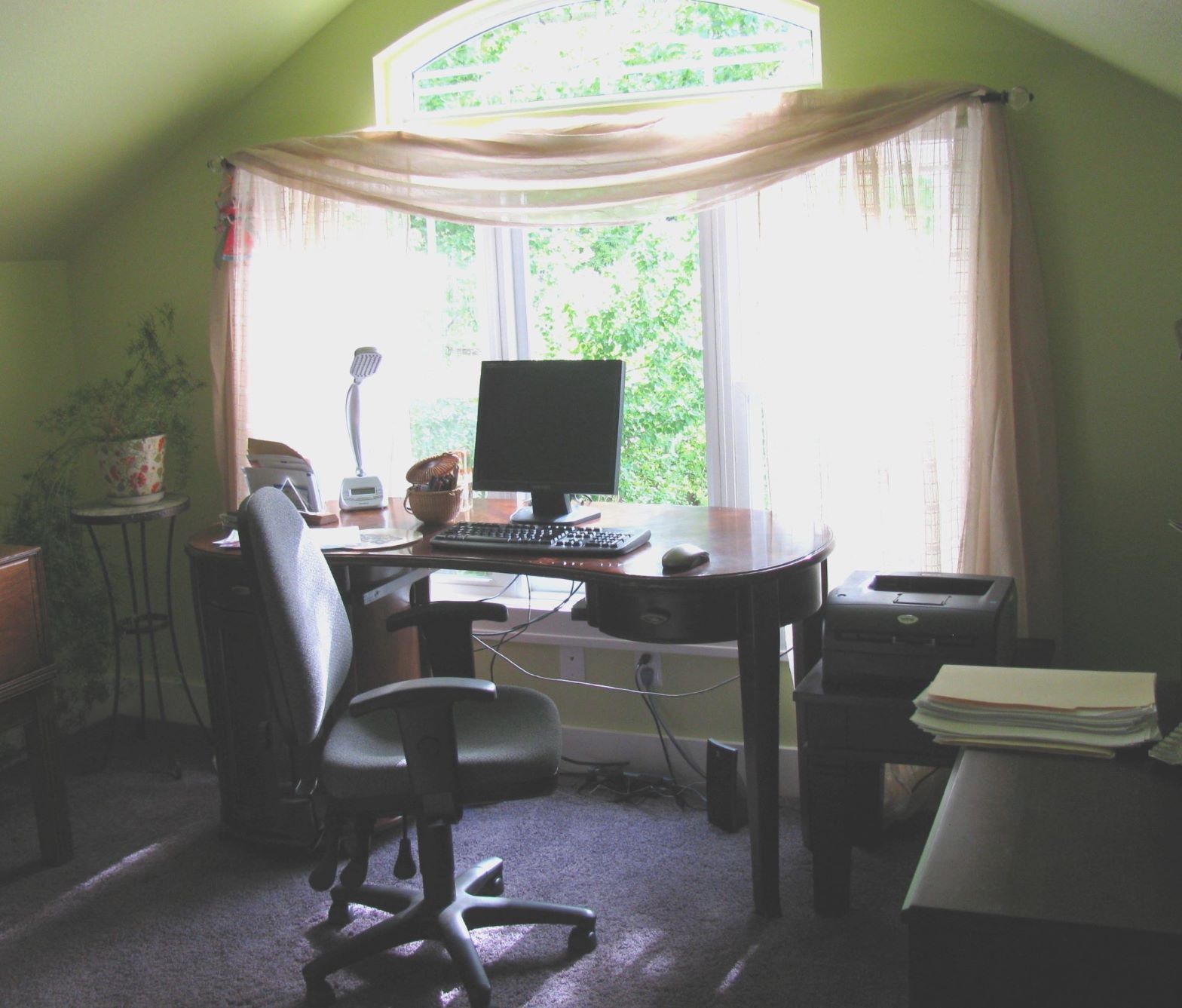No, not the setting of your book. The setting in which you write.
When I started writing fiction, I could write anywhere and any way. Longhand or on a keyboard. At work or in a hotel while traveling. By myself or with co-workers or family in the same room. In the early morning, late at night or during the day. Sometimes even in the middle of the night if I couldn’t sleep.
Somewhere along the way, I lost that flexibility. Now, I struggle outside of my normal routine—at my desktop computer in my quiet, well-lit office in the morning.
It frustrates me that my muse is so particular about my writing setting. I still try to write on a laptop while traveling. Make attempts at scribbling down scenes in longhand when I don’t have a keyboard handy. Make an effort to try to get some pages done in the evenings. But I accomplish very little.
I know I’m not the only writer who gets stuck in a routine. A friend of mine always wrote in libraries and coffee shops. When the pandemic made that impossible, he could hardly write at all. His desk at home was much too quiet; it just didn’t feel right.
Another friend writes in a corner of her dining room. Which was fine until her husband retired. Then he was right there, constantly interrupting her. I suggested she move her computer upstairs so it would require her husband to make more of an effort to bother her. She was very resistant to the idea. The upstairs isn’t where she writes. Since she feels so strongly about it, she’s probably right that it wouldn’t work.
I’ve always enjoyed reading about the routines of other writers. I find it interesting how many variations there are. I admire the writers, like Nora Roberts, who take their laptops wherever they go and write as they find time. I’m intrigued by those who still put literal pen to paper—Neil Gaiman, Joyce Carol Oats, J.K. Rowling. I always wonder what sort of pens they prefer. Although I struggle to write fiction in longhand, I have a very strong preference for brightly-colored gel pens, and carry them in my purse for filling out forms and signing documents.
I just read an interview from with early 1970’s with Pulitzer Prize-winning Cormac McCarthy where he talks about “staying in bed for days with his books and his typewriter”, implying that he wrote in bed. I struggle to envision his process; typewriters, even the lighter ones, don’t really lend themselves to working in bed. Fifty years later, I wonder if he still uses a typewriter, or if he’s changed to a computer. Since he no longer gives interviews, we’ll likely never know.
I suspect that all the routines we develop for our writing are just ways in which we train ourselves to go into the creative state. The setting and the technique we use give cues to our brains that its time to access the parts we use to write. Someday scientists will probably figure out exactly what those parts are and how we can learn to easily access them. But for now, the setting you write in, along with many aspects of the creative process, retains its secrets.

